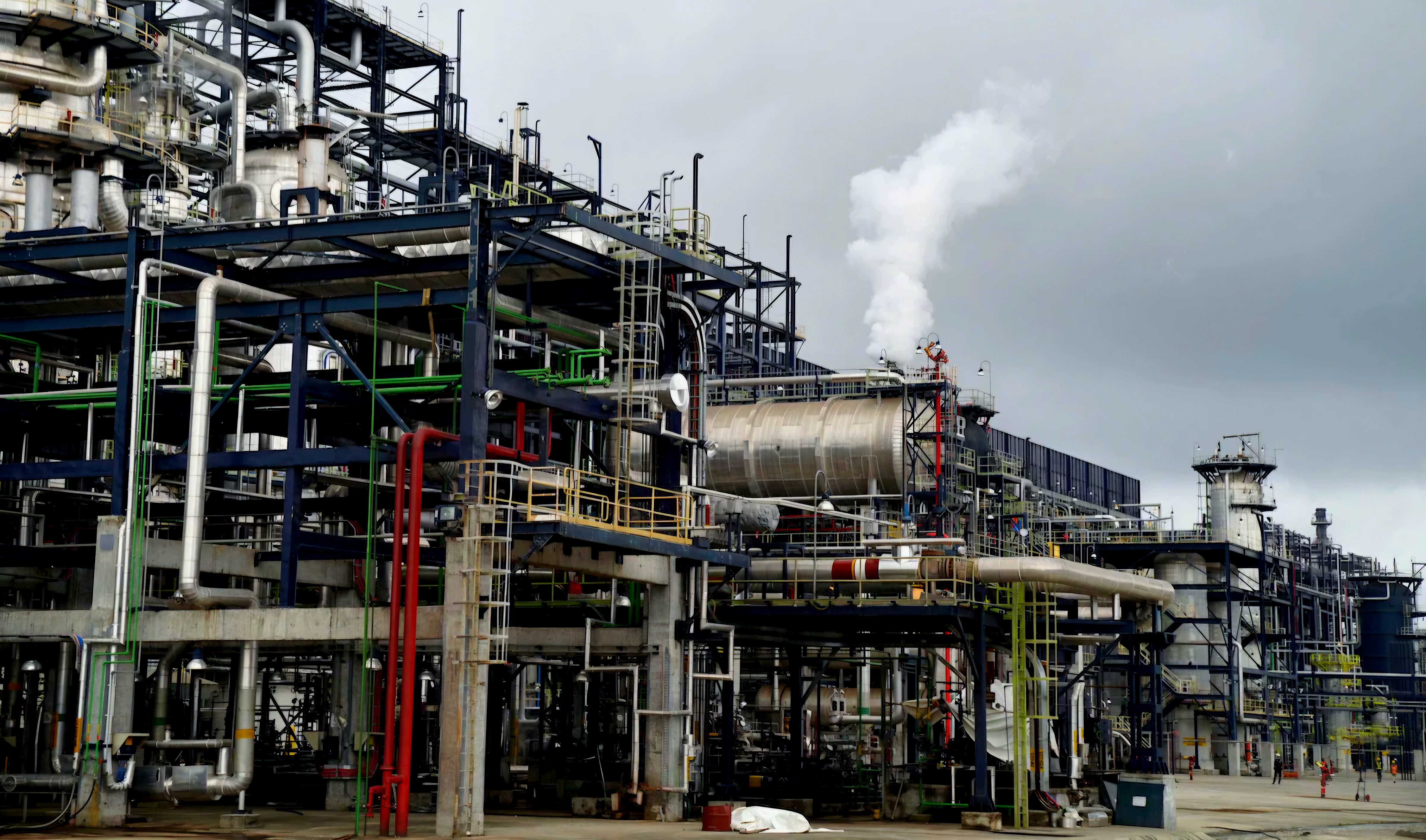Nigeria Takes Strategic Steps to Secure Petroleum Supply Amid Global Disruptions
- by Sanni, Abuja, RNG247
- about 8 months ago
- 180 views

In a decisive move to safeguard its economy from global supply shocks, Nigeria is set to establish a national strategic stockpile of petroleum products within the year, the nation’s petroleum products regulator announced at a press briefing on Tuesday.
Farouk Ahmed, the head of the Nigerian Midstream and Downstream Petroleum Regulatory Authority, emphasized the necessity of this reserve, as mandated by the country's oil legislation, to enhance national energy security. Ahmed articulated that the strategic stockpile would play a vital role in mitigating the disruptions that often ripple through the international oil market, which have historically affected Nigeria's economy.
Despite being one of Africa's largest oil producers, Nigeria has faced recurring challenges such as fuel shortages and lengthy queues at petrol stations. Recognizing the pressing need for a more resilient energy supply framework, the government is keen to leverage the expanding domestic refining capacity. Notably, the impending completion of the Dangote Refinery, with a capacity of 650,000 barrels per day, is seen as a cornerstone of this strategy.
Currently, Nigeria maintains sufficient petroleum product reserves to last approximately 30 days. However, Ahmed indicated that the forthcoming National Strategic Stockpile will be of a much larger scale, although specific volume details have yet to be disclosed. This initiative mirrors the United States' Strategic Petroleum Reserve in its goal to provide a bulwark against supply disruptions.
Under the provisions of Nigeria's Petroleum Industry Law, the regulator is tasked with issuing licenses for bulk petroleum liquids storage to private depots, enabling them to maintain stocks as necessary. This regulatory framework aims to bolster the country’s response capabilities during periods of international market volatility.
The anticipated launch of the Dangote Refinery, along with five additional smaller refineries, marks a significant shift in Nigeria's fuel import landscape. Recent data revealed that the projected gasoline imports have dramatically decreased from 50.8 million liters per day last September to just 28.7 million liters per day last month, reflecting the positive impact of expanding local refining capabilities.
In addition, the capacity of currently operational local refineries is projected to reach an impressive 770,500 barrels per day until June. The regulatory body has expressed optimism that as refining capacities continue to grow, Nigeria may one day achieve complete self-sufficiency in gasoline production, eliminating the need for imports entirely.
As the nation sets its sights on enhancing its energy security, the establishment of a strategic petroleum stockpile appears to be an important step towards mitigating future supply challenges and achieving a more stable economic landscape.












.jpg)



0 Comment(s)